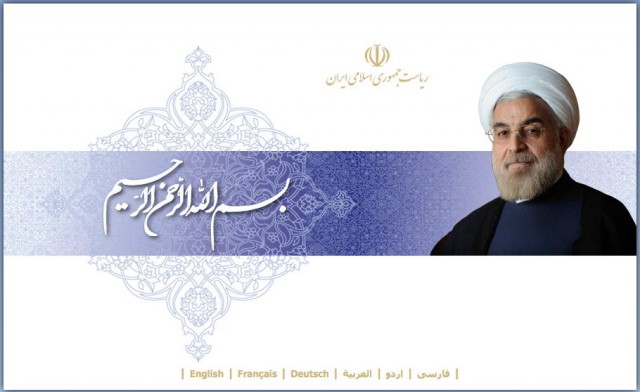
The case, formally known as Rubin et al v. Islamic Republic of Iran et al, goes back to a 1997 suicide bombing that took place in Jerusalem. Four Americans were injured in the attack, for which Hamas claimed responsibility. Given that Iran has supported, and continues to support, Hamas in its resistance against Israel, the plaintiffs sued the Islamic Republic, arguing that the Iranian government actually was liable.
It’s unclear why exactly the plaintiffs also seek the Syrian and North Korean ccTLDs as part of this lawsuit. Neither ICANN’s attorneys nor the plaintiffs' attorneys immediately responded to Ars’ request for comment.
Because Iran did not respond to the initial lawsuit, the plaintiffs won the case by default and were awarded $109 million in damages in 2003—but the problem has been their attempt to collect that money. So far, the only money that the plaintiffs have been able to collect was to wrangle the 2005 sale of a $400,000 home in Lubbock, Texas, that was once owned by the former shah of Iran.
Despite the fact that it’s been over a decade since the original judgment came down, the plaintiffs have not stopped in their attempts to wrest whatever assets they believe Iran may have within the United States. Famously, they failed in their attempt to seize cultural artifacts held by Harvard University and Chicago’s Field Museum. According to the court docket, ICANN is the final remaining garnishee or movant in the case that could have some link to alleged Iranian assets in the US.
In its Tuesday motion, ICANN wrote:
A transfer of the .IR, .SY and .KP ccTLDs would be largely self-defeating, by destroying whatever value they may have. These ccTLDs only have value insofar as they can be used by domain name holders around the world. Unplugging the .IR, .SY and .KP ccTLDs to reassign them to a new ccTLD manager would make the existing ccTLDs inoperable, thereby eradicating the hundreds of thousands of second-level domain names registered in the .IR, .SY and .KP ccTLDs. Moreover, any newly-created .IR, .SY and .KP ccTLDs, by virtue of such a transfer, would be devoid of any domain name registrations, the very thing that gives a ccTLD its value and utility. Thus, the re-delegation of these ccTLDs would not result in any economic value to the Plaintiffs; it would simply destroy a resource utilized by the Internet community.
In short, ICANN declared that ccTLDs are not property, nor are they owned by their assigned countries, nor are they held within the United States, nor are they used for commercial activity in the United States. Finally, it noted, the only way the ccTLD could be re-delegated or transferred would be under order by the Department of Commerce, which gives ICANN its authority to operate until late 2015.
reader comments
48